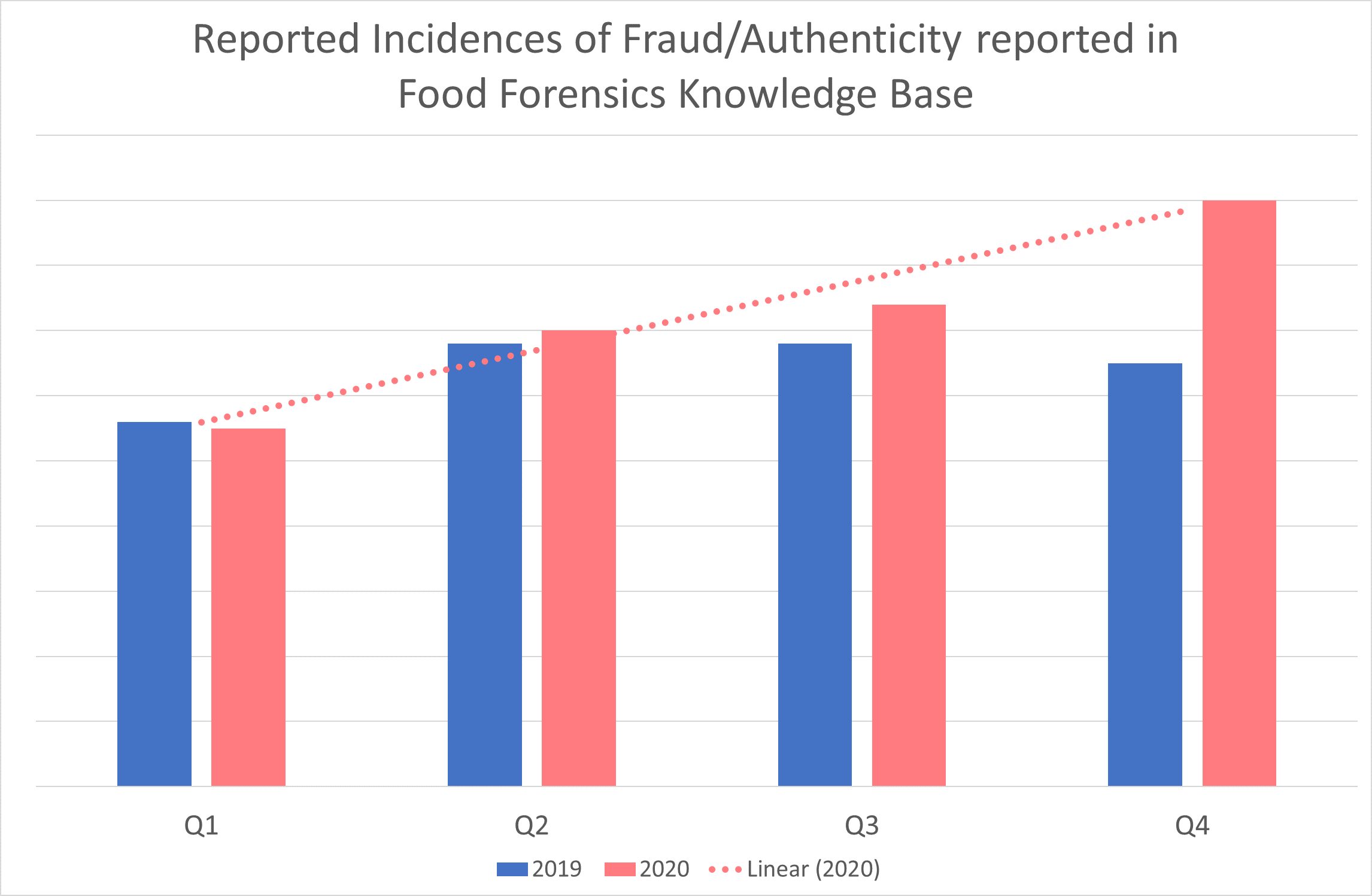What is a ‘fraudster’?
A fraudster is defined as 'a person that commits fraud, especially in business dealings', whereas a criminal is defined as 'a person who has committed a crime'. Therefore, the challenge is establishing whether a fraudster, by default, is a criminal? Irrespective of this we have fraudsters and criminals operating in the food supply chain right now. This short summary should challenge your thought process on who to consider a risk and why.
Understand your enemy
The key to targeting interventions and reduce your risk as a victim is to understand your enemy. A published comparison* profiling criminals and fraudsters identified several key differences.
Criminals are well profiled, usually male, below average intelligence and the crimes are usually unplanned or opportunistic, undertaken by the young and foolish. Fraudsters are very poorly profiled, they are stealthy and cunning, they do not want to be detected. Fraud involves ingenuity, greed, and a high degree of complexity.
They could be young, old, male, or female. Fraudsters want to be liked. Consider how many times you have heard, “I trust that supplier, we’ve been working together for years”. Then consider that in fact they may actually be your highest risk supplier.
Given you trust them, has your business stopped focusing on validation of that trust? Does it matter? Yes! If you do not know where your food has come from, how can you be sure it is safe?
Substituted origin, lower quality, and adulteration are all examples of fraud, designed to deliver financial gain for the fraudster.
Organised crime vs fraud
If you plot both international organised crime routes and food fraud routes you will see remarkable similarities.
The regular reports of drugs found concealed in shipments of bananas or similar are almost a monthly occurrence. This certainly suggests criminal activity in food supply chains.
Interpol reported on delivery drivers being used to transport drugs during the COVID-19 lockdown – an escalation of the patterns we already see, and an example of opportunistic behaviour.

Tricks of the trade
Then there are the criminals using food for money laundering. Products such as olive oil, honey, or eggs can have very variable yields.
Using dirty money to buy in additional raw material and pass it off as having been produced from your production base turns dirty money into clean, often increasing the value.
For example, Sicilian olive oil producers, purchase oil at a lower cost from Greece, 'launder' it through their olive mill and sell it as the higher value Italian oil. Or indeed known operations purchase cheap honey from countries like China, combine it with more premium honey and dilute provenance for margin gain.
The answer? Think like a criminal!
Fraud in food supply chains is complex, and criminal behaviour can be concealed. The clear message is act now to ensure you are not a victim. Challenge suppliers through audits & mapping and validate with testing. Think like a criminal and you will identify the weak spots in your supply chain and build your defence ahead of any attack.
*Duffield G & Grabosky P 2001 'The psychology of fraud' Trends and Issues in Crime and Criminal Justice vol 199 pp 1-6
Alison Johnson is managing director of Food Forensics




